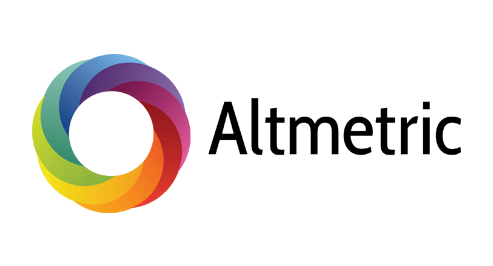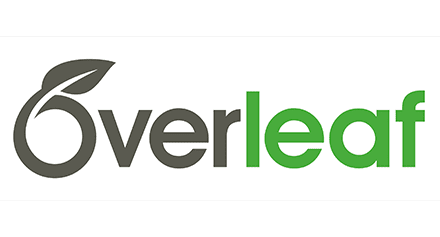Scholarly Writing
Workshops
STEM Fellowship has developed and hosted multiple scholarly writing workshops all over Canada, through university branches. We can also create informational research based videos for your conference or event by request only.
Our workshops are aimed at university students – particularly young researchers. These workshops are not meant to be generic discussions. Our workshops emphasize the basics and ensure that workshop attendees develop a strong understanding of the topic – and then go a step further, and complement the learning experience with relevant digital tools and hands-on exercises.
Previous Workshops
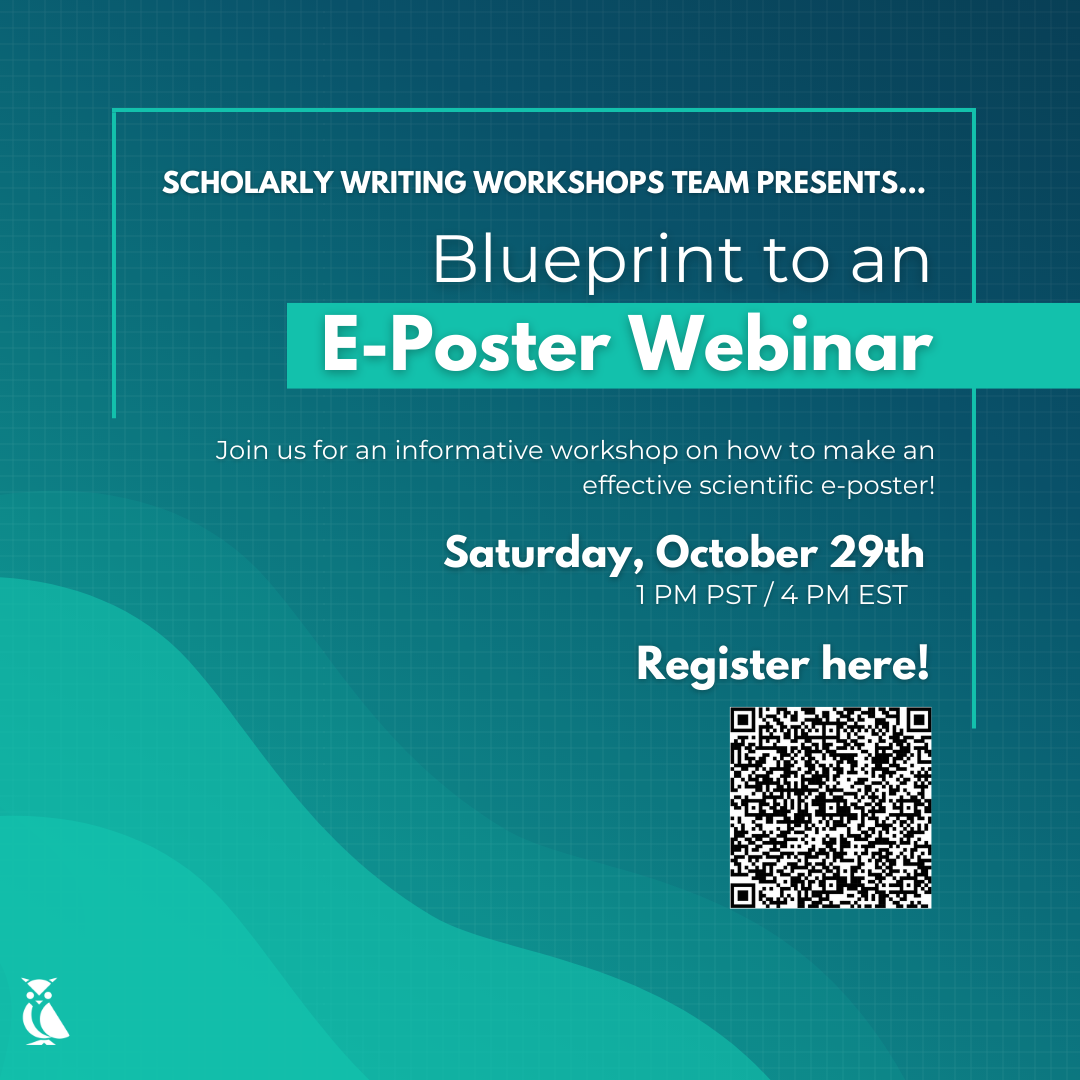
Blueprint to an E-Poster
This workshop offers a step-by-step breakdown of how to make an effective scientific e-poster. This process includes the conceptualization and development of the e-poster. Key steps such as considering the audience, the guidelines, the sizing, and the design flow are all discussed in this webinar. Scientific e-posters are different from traditional research posters in various ways and in post-pandemic times, they are the new way to present research findings. By the end of this webinar, you will be equipped with all the tips and tricks to confidently create an e-poster!
Editing 101: Learn To Be Your Own Editor
As the name of this workshop suggests, it will largely focus on editing. Workshop attendees will learn strategies to edit for flow, clarity, grammar, and conciseness through a series of hands-on exercises.
This workshop’s target audience is students who have already started their research careers but need guidance on how to write papers more effectively. This workshop provides high-level advice on how to organize, write, and edit technical writing, providing guidance on everything from how to use the semi-colon to the general structure of a research paper. It is highly interactive, with several exercises dispersed throughout the workshop that engage the students in the subject material directly. A key emphasis here is that the attending student researchers may have great content in their papers but may not know how to organize the content in a way that delivers the highest possible impact. In this sense, the workshop goes beyond ‘Editing 101’ as it is an effective introduction to the fundamentals of technical writing.
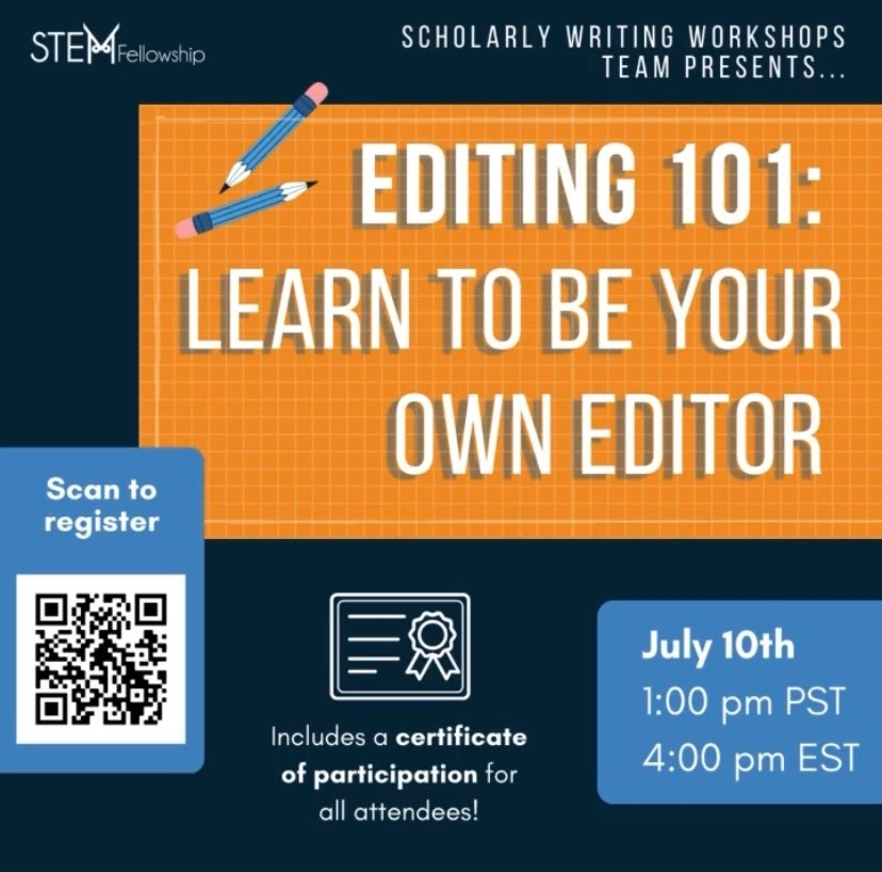
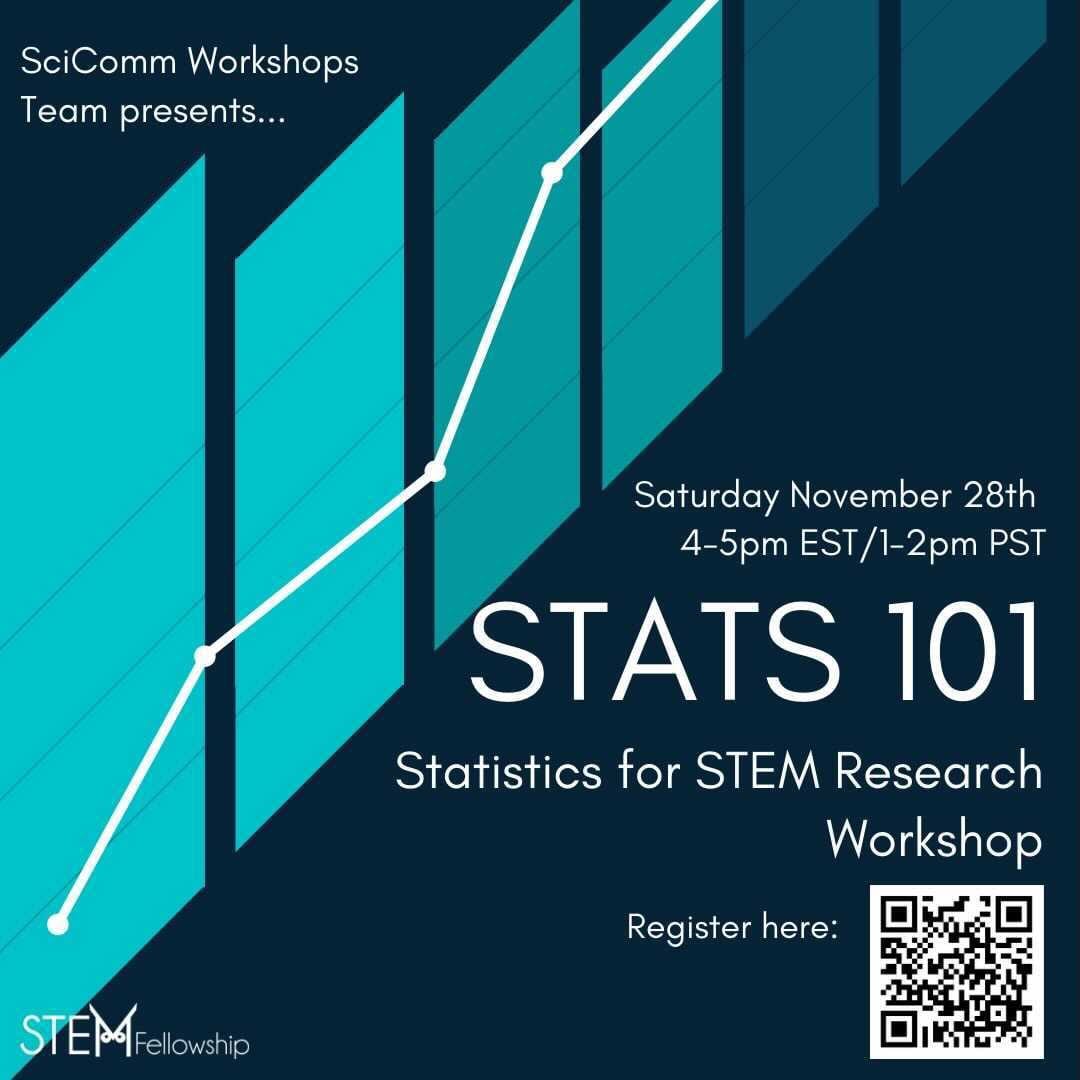
Reference Management for STEM Research will provide students from all academic levels with a comprehensive overview of reference management programs to create references and citing published work in research writing. The webinar will focus on 3 reference managers including Mendeley, Zotero, and EndNote. Topics covered will include installation, creating a references library, importing citations into different reference managers, citation styles, citation machines, and importing citations into word documents through video demonstrations. In addition, students will learn how to accurately cite their work using Vancouver Style Citation, and learn about the various citation machines available. All attendees will be provided with the webinar recording and presentation copy.
Blueprint to an E-Poster Webinar
The Blueprint to an E-Poster webinar, co-hosted by QGEM, provides guidance around best practices when it comes to scientific e-poster design. Scientific posters are a critical tool used to effectively communicate research findings. As with any exercise in communication, you want to be able to effectively sell your story to a broad audience, and in this 45 minute webinar, you will learn how to do just that! With the recent shift to virtual scientific meetings and conferences, e-posters are becoming increasingly popular. This webinar provides a step-by-step guide that can be used to create any scientific poster/e-poster, and is a great opportunity to learn important tips and tricks when it comes to e-poster design and delivery. We will walk you through the essential elements of a good scientific e-poster; from visual considerations, to which content to include, we’ve got you covered.
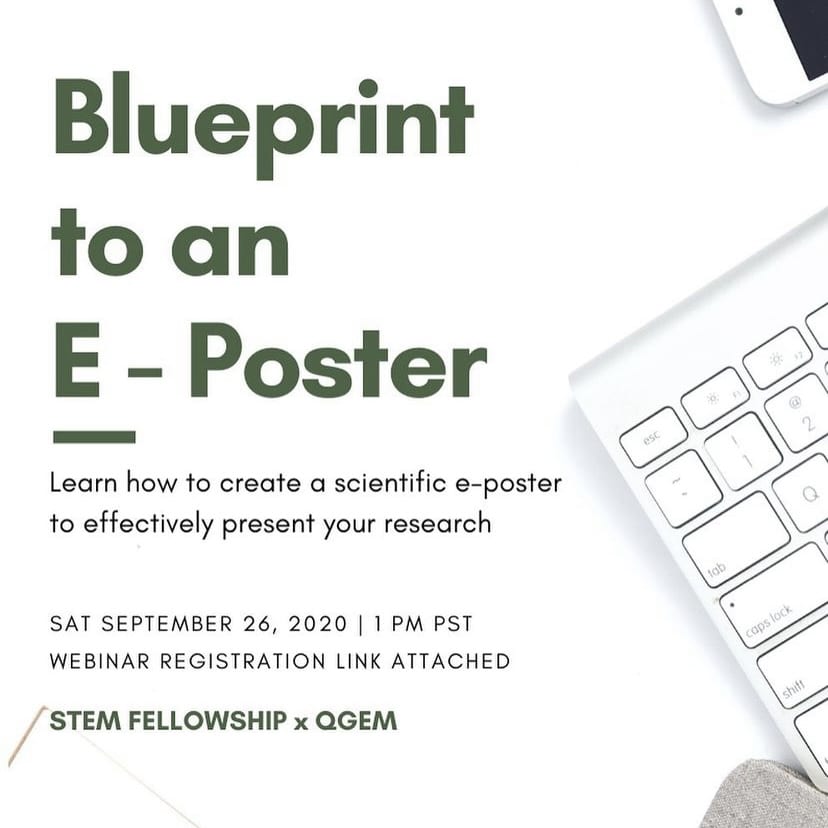

Blueprint to a Viewpoint Webinar
A viewpoint is a systematic and highly opinionated article that expresses the author’s perspective on a scientific topic or issue supported by empirical evidence and literature. Viewpoints are most useful for answering questions or presenting pro-con debates on a controversial topic. This webinar teaches high school and university students how to conduct a literature search suited for a viewpoint, the differences between a viewpoint, a literature review, and blog posts, and lastly go through the typical structure of a viewpoint. Finally, an example of a viewpoint published in the STEM Fellowship Journal is analyzed.
The Blueprint to a Narrative (Literature) Review workshop provides students with information on how to write narrative (literature) review articles, as well as explains the differences between various types of review articles. Narrative reviews are a common and useful review article, making this workshop imperative for any high school or university student interested in starting a research career. This workshop focuses on how to conduct a literature search, the differences between review articles, writing a narrative review step-by-step, and provides examples of narrative reviews.
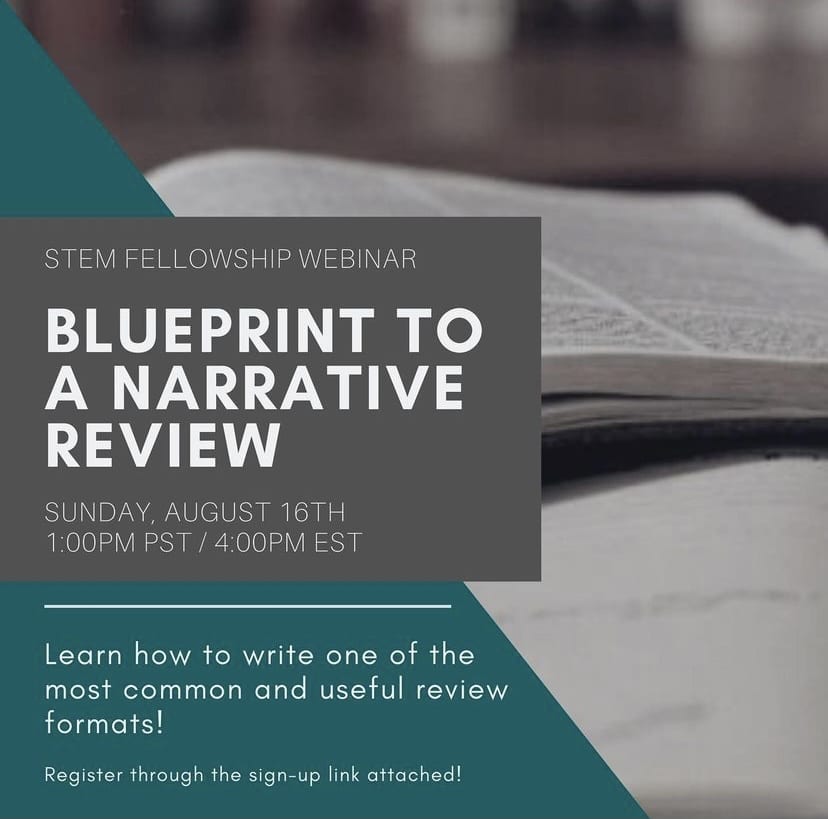
Introduction to Research
The Introduction to Research workshop provides students with practical advice for beginning their research careers. It gives students a thorough introduction to basic research terminology while also providing them with resources for tracking down research opportunities they may be interested in. It also outlines detailed steps for approaching relevant individuals (e.g., principal investigators) including writing effective CVs, emails, and cover letter etiquette. The workshop also gives brief introductions to the different groups of broad research (basic science, epidemiology, clinical.), grant and scholarship applications, as well as tips for sharing and communicating their research.
This workshop will focus on teaching workshop attendees the features of a strong piece of scholarly writing, what should be included in each component (Title, Abstract, Introduction, Results, Discussion) and especially, how workshop attendees can apply these elements to make their own writing stronger.
This workshop is the logical follow-up to the Editing 101 workshop, as the target audience may be well-versed in scholarly writing but may still need guidance on the ins-and-outs of submitting papers, generating impact, and writing/organizing the specific sections of a manuscript. Emphasis is put on the specific manuscript sections and mechanics (abstracts, results, formatting figures, etc.) so that students leave with a thorough understanding of how their manuscript should appear at the macro and micro levels. Further emphasis is put on the fact that there is no standard formula for writing an effective manuscript, but mastering the fundamental tools will allow student-researchers to put together meaningful and impactful papers.
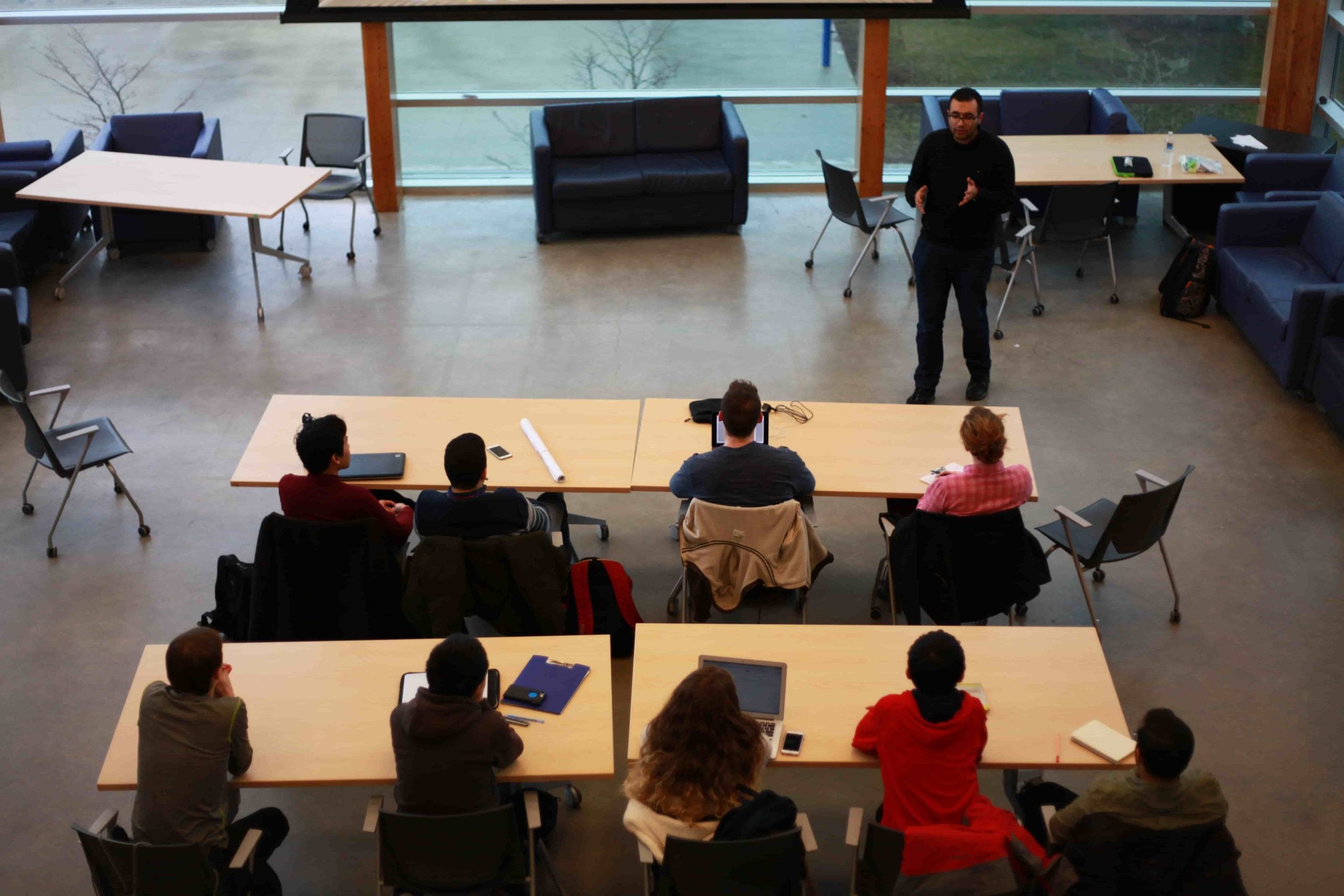
So far, STEM Fellowship’s scholarly writing workshops have been held at the following locations: the University of Toronto, University of British Columbia, University of Victoria, University of Calgary, McMaster University, University of Guelph, Dalhousie University, McGill University, University of Western Ontario, University of New Brunswick, University of Saskatchewan, University of Manitoba, Queen’s University, University of Alberta, and University of Waterloo.
If you would like further information or would like to collaborate with STEM Fellowship to help deliver these scholarly writing workshops, please get in touch with the Scholarly Writing Workshop Team Lead, Tulip Marawi. tulip.marawi@stemfellowship.org

